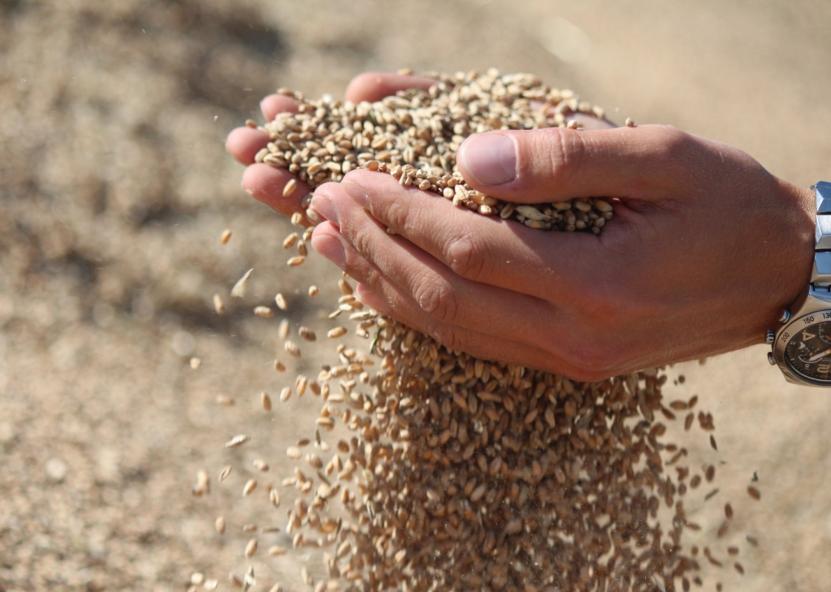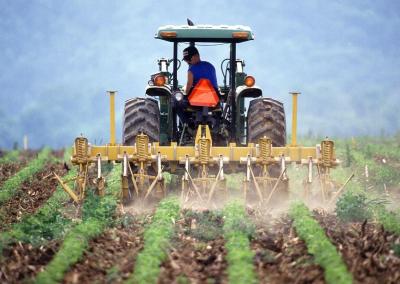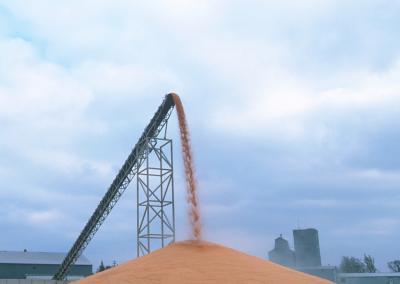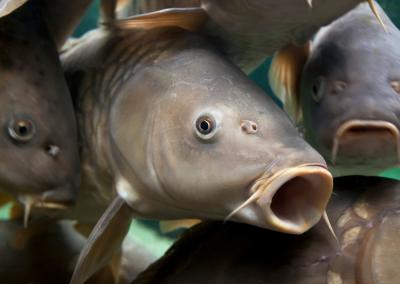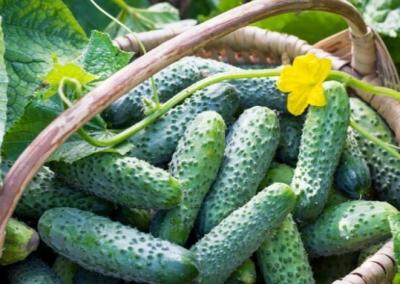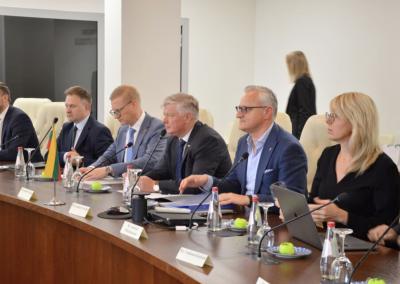Minister Navickas: "Tariffs on the aggressor's grain are only half the job"
The European Union has today made a final decision to block Russian and Belarusian cereals from entering the EU market. The EU's Foreign Affairs Council on trade agreed to increased import duties on grain, oilseeds and their products from Russia and Belarus. Lithuanian Agriculture Minister Kęstutis Navickas says the EU should not stop there - it needs to extend restrictions on Russian and Belarusian agricultural products.
Lithuania has been one of the initiators of the move to stop Russian and Belarusian agricultural products. In March, the Lithuanian, Latvian, Estonian, Polish and Czech ministers responsible for agriculture formally called on the European Commission (EC) to restrict imports of Russian and Belarusian cereals.
After today's final decision, the higher tariffs on cereals will take effect from July this year. This will undoubtedly halt imports into the EU.
Minister Navickas points out that Russia and Belarus have so far been profiting not only from the sale of cereals on the EU market. In 2023, EU Member States imported €2.7 billion worth of agri-food products from Russia - 2% more than in 2021. It is therefore important not to stop halfway.
Last week Lithuania, together with the Czech Republic, Denmark, Estonia, Finland, Latvia and Sweden, called on the EC to further extend and tighten restrictions on Russian and Belarusian products.
„Russian and Belarusian products compete unfairly with EU farmers' products. But more importantly, by selling food products on the EU market, Russia is making billions to finance the war it has created in Ukraine," said Navickas.
The increased duties are expected to reduce EU cereal imports from Russia and Belarus by almost 5 million tonnes per year. This demand will be met by EU farmers and imports from third countries, including Ukraine.
According to Mr Navickas, EU-wide restrictions work best. However, Lithuania has also acted independently. In the past, a decision was taken to tighten checks on grain imports from Russia and Belarus. And yesterday, the government approved the Ministry of Agriculture's list of products of Russian and Belarusian origin, which includes more than 2,800 products that are banned from entering Lithuania.



































































































